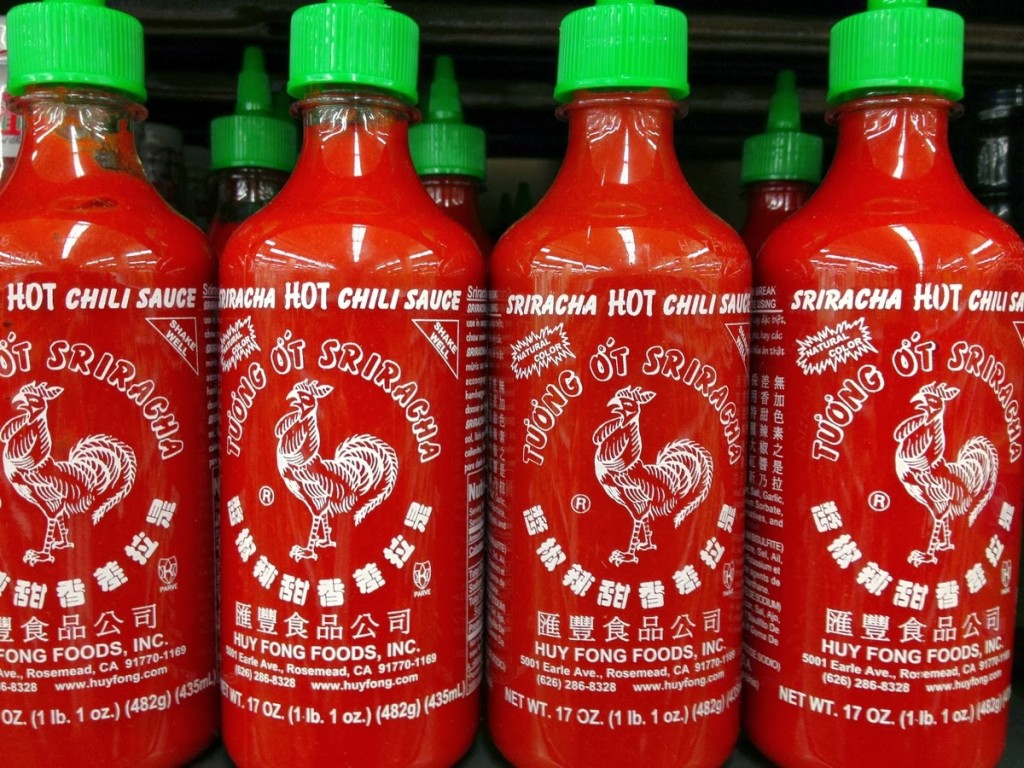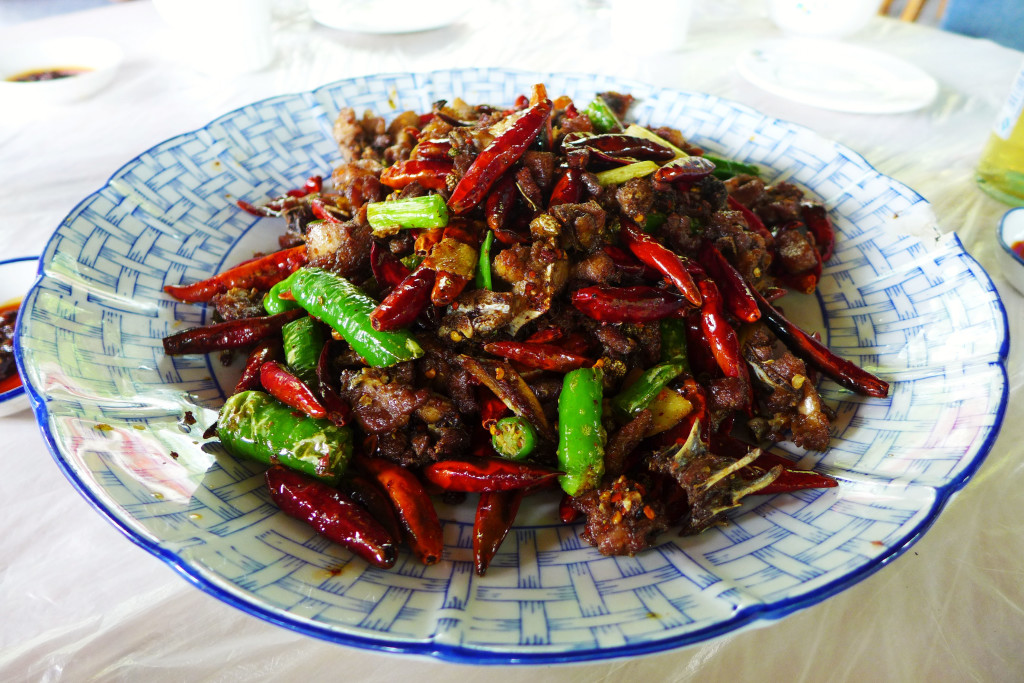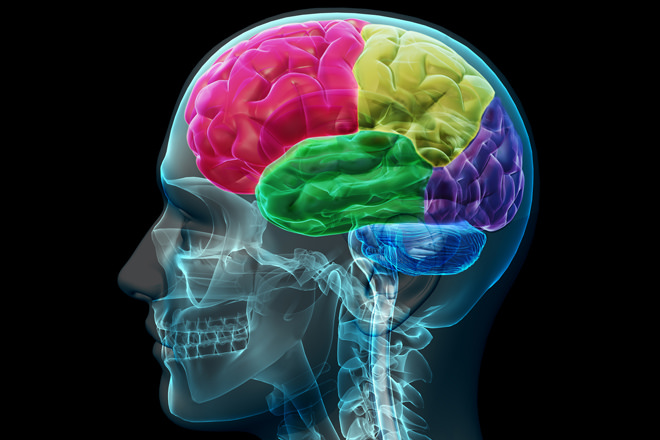Capsaicin is the chemical found in peppers that gives them their “burn.”
Source: www.reddit.com
It acts on the same nerves on the tongue and skin that sense changes in temperature, so the brain perceives spicy foods as “hot.”

Photo courtesy of nationalreview.com
But if spicy foods burn, why do we eat them at all? Why willingly self-torture ourselves?
Source: www.ohmagif.com
Desensitization/Culture
Nope, spicy foods don’t actually kill taste buds, though taste buds dull as you age. However, we do desensitize ourselves to spicy foods. The more we eat them, the more we love them. Eventually, our nerves don’t sense the pain as sharply, and we have to taste more of the spice for that same burn.

Photo by Wendy Zhou
Certain cultures are notorious for spicy diets: Thailand, the Philippines, India and Malaysia are at the top of the list. All of them have hotter climates in common. Countries in cooler climates, namely Sweden, Finland and Norway, are at the bottom of the spice list, with a substantial number of their dishes prepared without spices at all.
What accounts for this difference? Some of it has to do with using spice to cool down: we sweat when we eat hotter foods, and perspiration prevents us from overheating. But most of it has to do with bacteria and food-borne pathogens, which used to be more prevalent in countries with hotter climates before refrigeration was invented. Spices helped protect food from spoilage, and after frequent usage, it became part of a culture.
Pleasure Overlaps with Pain?
In our brains, pleasure and pain aren’t distinct regions; there are quite a few overlaps and neural connections that join the two. They both activate dopamine, which drives motivation. Both influence perception and consciousness. And spicy foods, once the burn ceases, give us a sense of relief and satisfaction afterwards.

Source: aboutmodafinil.com
Personality
But there’s something else, something more individualistic that determines whether or not you’re a chilihead. According to a Penn State study, people who are big risk takers seem to like spicy foods more. These are the sensation seekers, those who crave adventure and novelty in their experiences such as roller coaster rides and gambling.
Source: notoriousgifs.tumblr.com
Another French study sampled men ages 14 to 44, and found that higher hot sauce usage was correlated with higher testosterone levels in saliva. They concluded that consumption of chili peppers is associated with “dominance, aggression,” and “daring” behaviors. Though more studies are needed, there seems to be a definite correlation between spicy palettes and boldness.
Ready to get your spicy food addiction kicked off?


